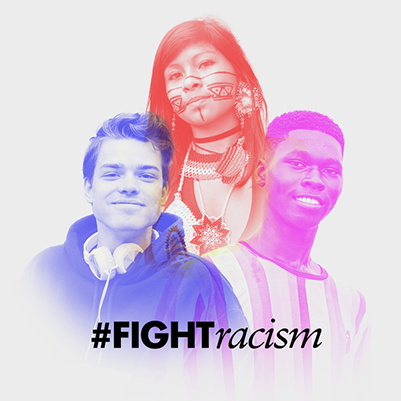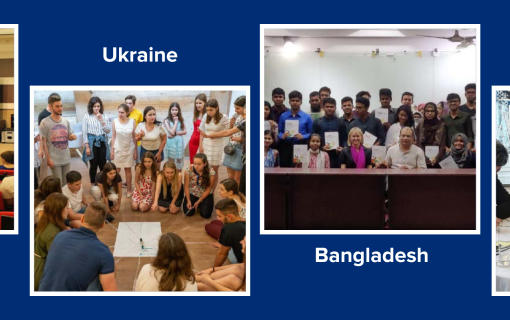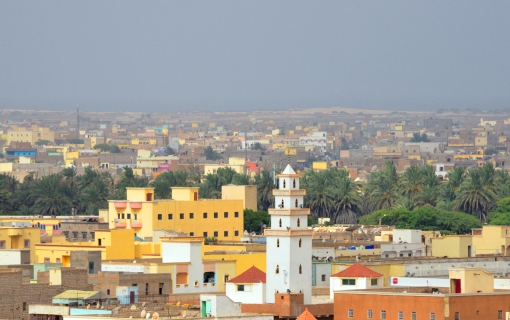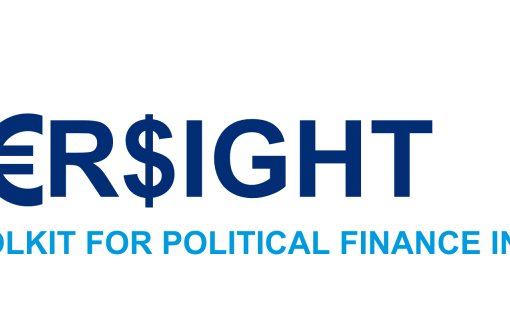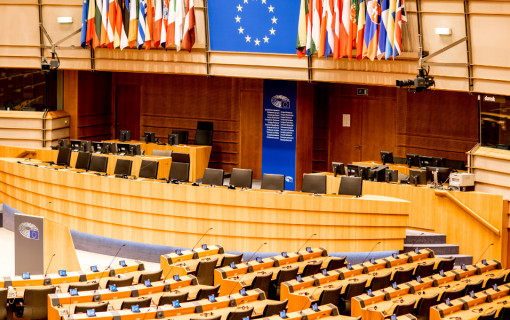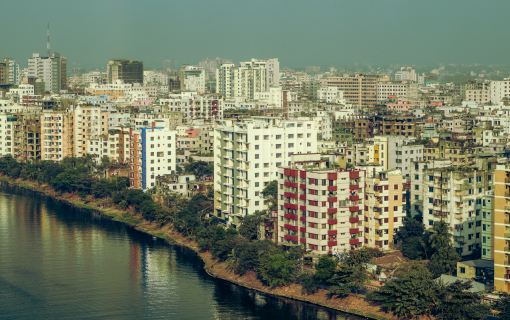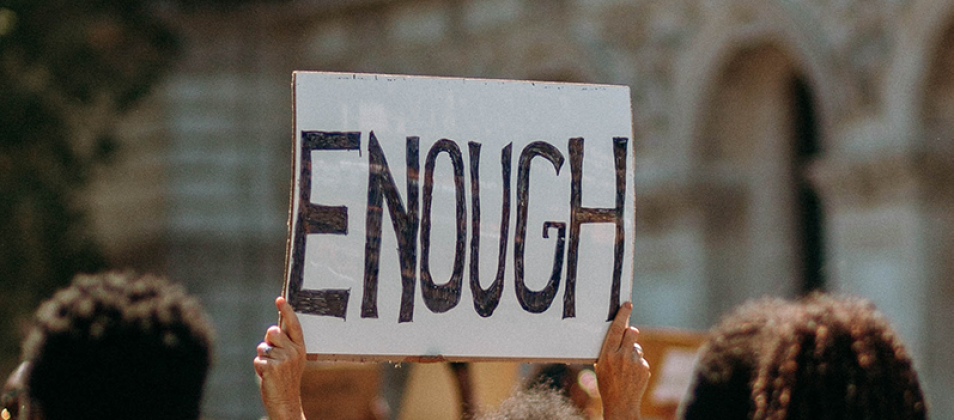
Celebrating the International Day for the Elimination of Racial Discrimination
Racial discrimination is a plague to societies worldwide. It continues to hinder democratic progress and cause suffering that affects individuals, communities and institutions. The intentional and full eradication of racial discrimination is necessary for equitable representation, inclusion and access to justice — all essential to democracy.
The United Nations established International Day for the Elimination of Racial Discrimination on March 21 to memorialize the day police in Sharpeville, South Africa, opened fire and killed 69 people at a peaceful demonstration against apartheid “pass laws” in 1960, and to encourage commitments to take action to eliminate racial and ethnic discrimination.
This year’s theme is “youth standing up against racism.” The International Foundation for Electoral Systems (IFES) joins the global #FIGHTracism campaign to foster a global culture of tolerance, equality and anti-discrimination and to stand up against racial prejudice and intolerant attitudes.
IFES has established both an Anti-Racism Task Force and a Knowledge Management Initiative on Minorities and Indigenous Peoples to ensure that the elimination of racial and ethnic discrimination is at the forefront of its work. In recognition of the critical role that this plays in advancing democracy, IFES partners with state institutions, civil society, academia and minority community representatives and organizations to promote knowledge of rights, capacity to advocate and opportunities for leadership development both within the minority groups and in broader state and private institutions and the public.
These programs typically focus on the following areas:
- Civic and voter education campaigns: IFES creates innovative civic and voter education materials and tools that are accessible and meet the needs of minority groups. IFES also works with majority communities to build and promote a more inclusive notion of citizenship and national identity. In Ukraine, IFES introduced Democracy: From Theory to Practice as an innovative university civic education course that integrates gender equality, disability rights, political participation and a focus on minority rights as key aspects of democratic citizenship.
- Capacity building, leadership training and governmental outreach: IFES works with minority groups to raise awareness of their rights and build leadership and advocacy skills. IFES also supports local minority-led civil society organizations to improve community outreach, develop trainings on minority rights, track data on and strengthen institutional awareness of electoral violence and expand support networks. IFES' “Nigerian Election Violence Report” (NEVR) project trains civil society organizations to monitor, analyze and respond to conflict during election cycles, and supports partners to publicize findings and advocate for peaceful elections. In Georgia, IFES' “Knowledge, Advocacy, Responsibility, engagement" (KARe) program has trained representatives from local ethnic Azerbaijani, Kist and Armenian communities to create and implement advocacy campaigns, including a "One Georgia" campaign to highlight barriers faced by minority communities ahead of the 2020 elections.
- Increasing capacity of state and electoral institutions: IFES works with government institutions and election management bodies to improve minority groups' awareness of and access to political and electoral processes. IFES provides technical assistance to government officials on how to implement international standards, such as the United Nations Convention on the Elimination of All Forms of Racial Discrimination. For example, IFES produced the Beyond Constitutional Reform to Elections: Libya Electoral Legal Framework Analysis, which included recommendations for reform to strengthen the electoral systems and procedures that promote political inclusion, ensure a level playing field and establish accountability mechanisms.
- Combating disinformation and hate speech: IFES supports electoral stakeholders to deter hate speech and disinformation against minorities while upholding international principles of free speech. In the wake of the spread of communal violence during the COVID-19 pandemic, IFES has trained over 100 civil society groups and 300 youth activists in South Asia on countering hate speech and disinformation against minorities and other marginalized groups. In Indonesia, IFES worked with the General Election Commission and Election Supervisory Board to build capacity to address hate speech, mitigate risks of incitement to violence and create a safe electoral environment for minorities.
We invite you to read IFES’ submission to the United Nations Special Rapporteur on Minority Issues to learn more about IFES’ work to combat racism and advance minority rights around the world.
Join the conversation with #FIGHTracism and follow @IFES1987 on Twitter and Facebook.
Published on March 19, 2021.




